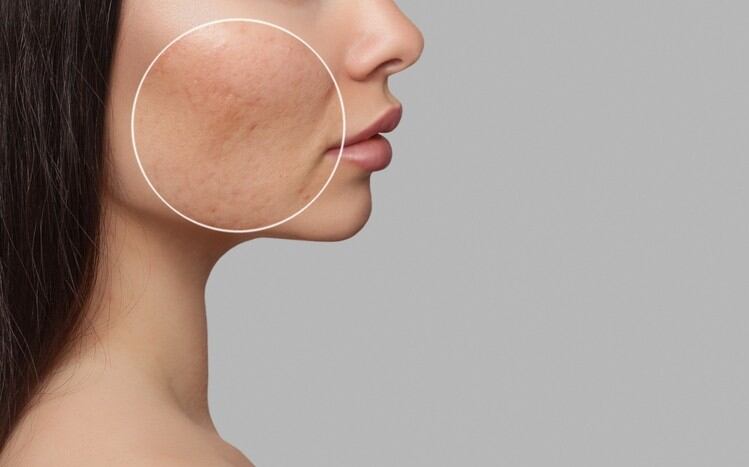As multiple factors (lifestyle, allergies and skin conditions) contribute to AD, there is currently no known cure and sufferers often must use medication to suppress its symptoms. However, long-term AD medication has side effects, including skin-thinning, stretch marks, increased risk of kidney and liver damage and certain cancers, conjunctivitis and higher blood pressure.
As such, AD sufferers require safer drugs and alternatives. Because researchers at the Toyo Institute of Food Technology in Japan had previously observed positive effects of fig tea on allergy and AD symptoms in animals and cultured cells, they conducted an RCT on patients with mild AD to determine the safety and AD-relieving impact of prolonged consumption of fig leaf tea.
Fig-uring it out
The 30 study participants were aged 20 to 59 and had AD symptoms in the range of 2 to 15 on the Eczema Area and Severity Index (EASI), which was used as the primary outcome. They were randomly assigned to two groups, with one receiving fig leaf tea and the other receiving a placebo of coloured water.
The 12-week study consisted of a four-week non-intervention observation period and an eight-week intervention period, during which each participant consumed either 500ml of fig leaf tea or a placebo daily.
Post-intervention, the researchers reported an improvement in the EASI in the intervention group (+3.2) compared to the placebo group (+2.9), which indicated “a significant decrease in the fig leaf tea group”.
Additionally, the intervention group had significantly lower EASI values during the fourth week of the study than before it began. But compared to the placebo group, in which seven participants exhibited worsening symptoms by the end of the intervention period, just one participant in the intervention group experienced worsening symptoms and showed no improvement during the RCT.
The researchers were also concerned that fig leaf tea ingestion might be associated with renal function impairment as they observed higher blood chloride levels in the intervention group. However, as there were no significant differences in blood creatinine levels — a key indicator of renal function — in either group, they were satisfied that “prolonged intake of fig leaf tea had no effect on renal function”.
They further noted that while fig leaf tea consumption had positive effects on AD symptoms, the tea had to be mad from fig varieties that did not contain the compound furanocoumarin, which are phototoxic and may cause rashes.
Not so EASI after all
While the researchers acknowledged that the double-blind RCT design of the study was valuable in establishing fig leaf tea’s beneficial effects on AD patients, they also admitted that its small sample size was a limitation.
Another limitation of the study was its sole outcome of EASI value. The researchers wrote that in complex diseases like AD, it was “necessary to evaluate not only EASI values but also TARC (thymus and activation-regulated chemokine) values, TEWL (trans-epidermal water loss)”, subjective symptoms and other signs of disease to determine efficacy.
The researchers concluded that “more trials with a larger number of subjects” were necessary to “obtain statistically and clinically meaningful results” on the AD-alleviating effects of long-term fig leaf tea consumption.
Source: Nutrients
https://doi.org/10.3390/nu14214470
“Efficacy and Safety of Fig (Ficus carica L.) Leaf Tea in Adults with Mild Atopic Dermatitis: A Double-Blind, Randomized, Placebo-Controlled Preliminary Trial”
Authors: Tatsuya Abe, et al.


